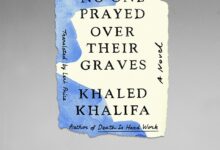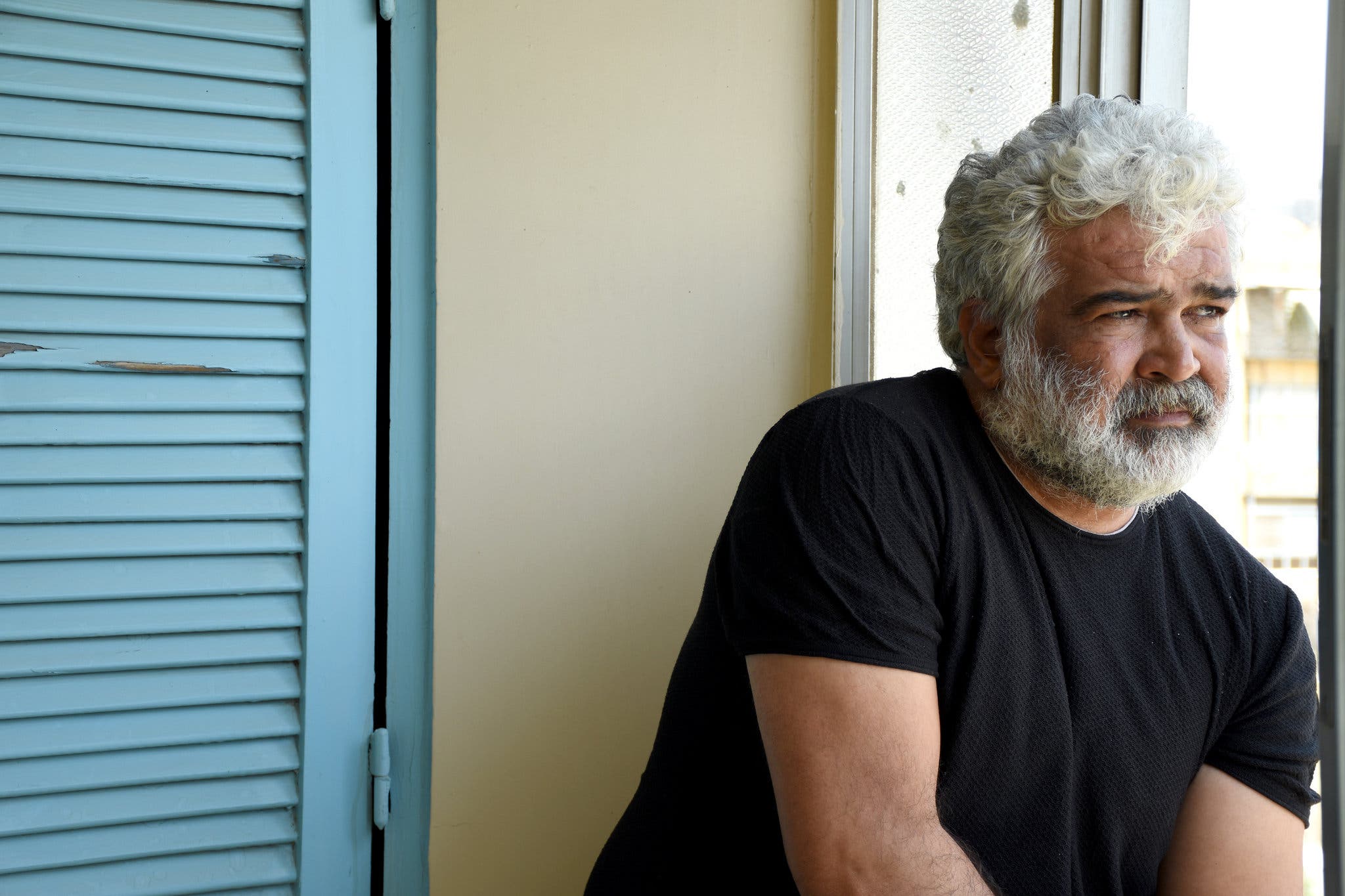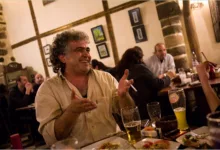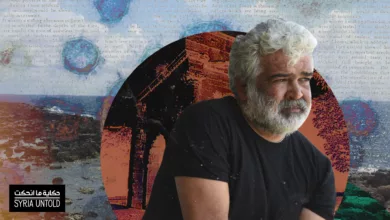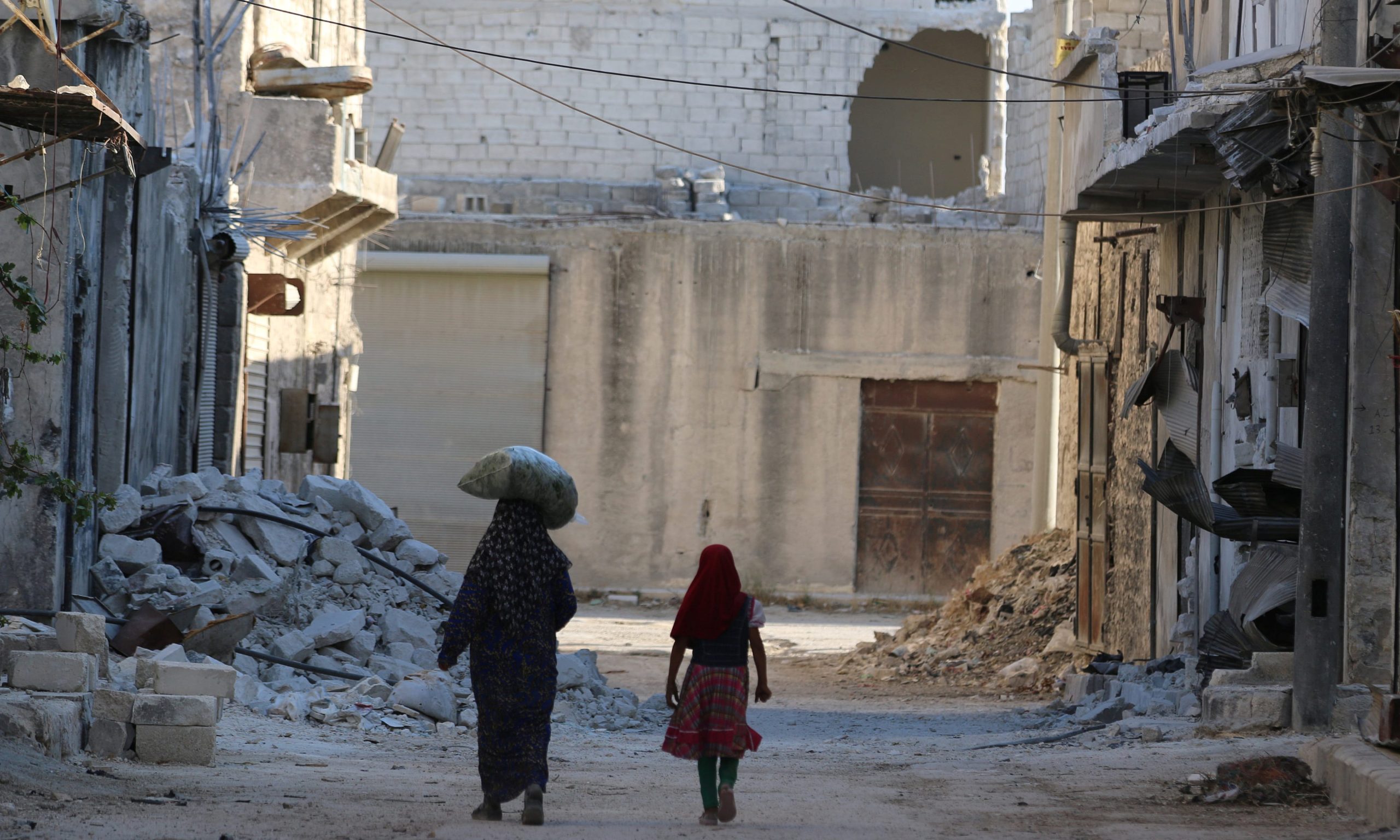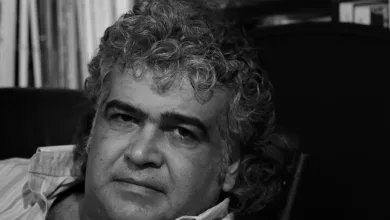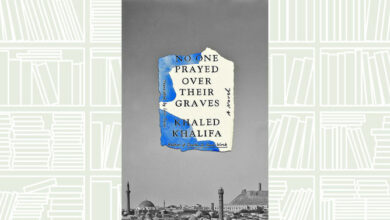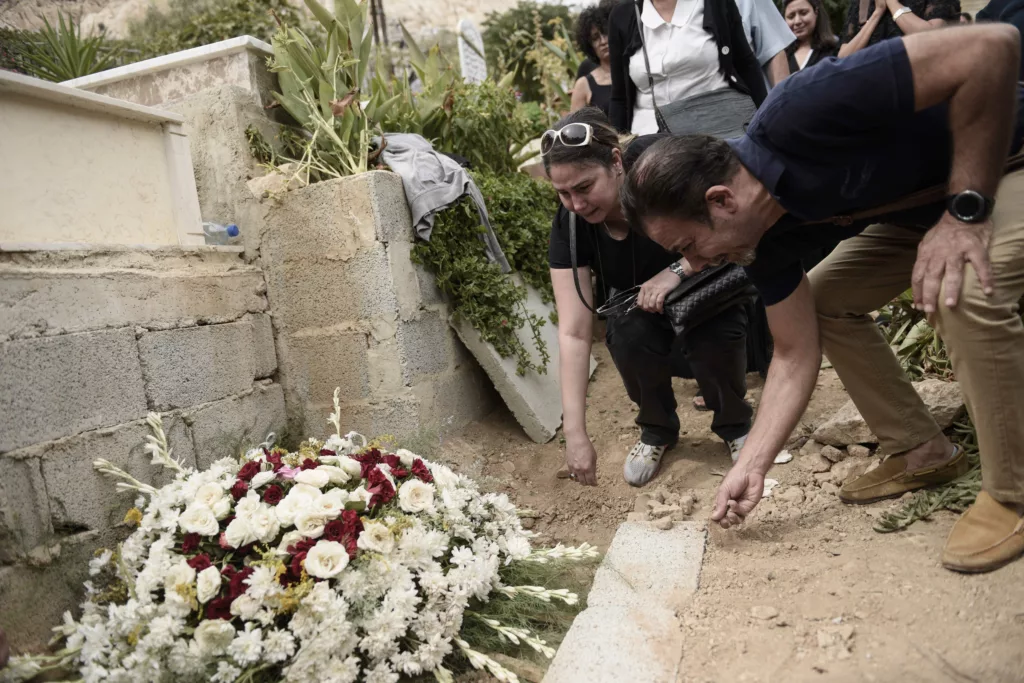
Crowds gathered at the Abasiyeen Hospital in Damascus on Monday as larger-than-life Syrian novelist Khaled Khalifa was taken to his final resting place.
The legendary writer and author of several bestselling novels died on Saturday at the age of 59.
On Monday, men and women dressed in black sobbed and blocked the entrance to the Tagaleb martyrs’ cemetery.
A young girl watched the convoy of mourners head through the narrow streets in the mazy Muhajreen district in Damascus.
“Who is that they buried here, an actor or a singer? There are so many people,” the girl said.
At the hospital, dozens surrounded his coffin, clapping in a sombre gesture to praise and remember the life and work of one of Syria’s finest intellects.
Ali Hassoun, a Syrian writer and journalist who was a personal friend of Khalifa, told The National his death had left him shocked.
“Khaled was unique in every sense, his depth, his simplicity with the love he was able to spread everywhere, it was infectious,” he said.
“He gave hope to us when we had none, he transcended sects and regions and borders he had friends in every part of Syria.
“He could talk for hours about cooking or anything else. A rich person of tremendous intellect, Khaled Khalifa must go down as one of Syria’s greatest figures of the 21st century.”
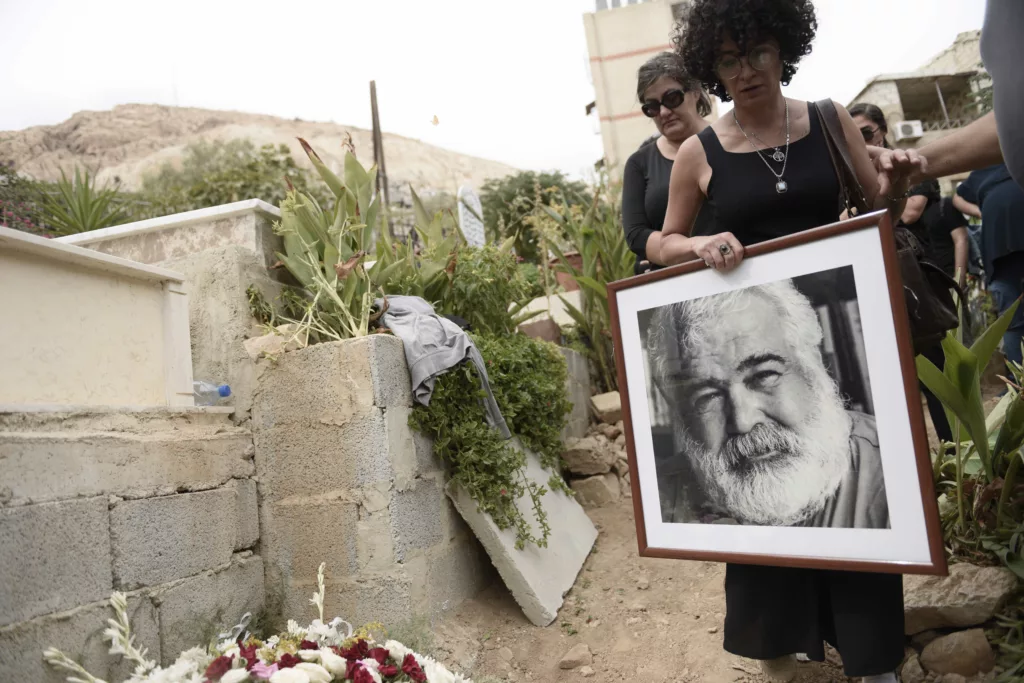
Khalifa had refused to leave the country, vowing “I must stay to share the burden of pain felt by my fellow Syrians.”
Such a renowned figure could have lived happily and comfortably amid his wealth in Paris or London, but he was too entrenched in the plight of his homeland.
“It is my country [Syria], I stay because I was born there. I live there, I want to die there,” he said.
The Aleppo-born author was famed for works such as In Praise of Hate, a novel nominated for the International Arab Prize, boldly set in the turbulent 1980s in Syria.
It deals with the story of a teenage girl in Aleppo, who narrates the book. From a traditional moderate home, the girl joins an extremist group.
Pushed to a clandestine anti-government insurrection, she loses her innocence amid her group’s illegal activities and is arrested, before finding that innocence again later in prison, depicting a crucial part of Syrian history.
Masterful storyteller
The death of the masterful storyteller has seen Syrians far and wide join to lament his loss.
He won the Naguib Mahfouz Prize awarded by the American University in Cairo for No Knives in the Kitchens of This City.
Death is a Chore published in 2016 was a finalist in the US for the 2019 National Book Award for Foreign works.
Other writings such as No One Prayed for Them (2019) and The Keeper of the Lure (1993) gathered huge audiences.
A well-known critic of the authorities — way before the inception of the crisis in 2011 — he had been publicly opposed to all sides of the political spectrum.
“He had his critical views, but his stance was never in want of money or fame, he had a principle and stuck to it,” said Mr Hassoun.
Khalifa, known for his fluffy white beard and warm, round face, presented the image of a friendly man, at the peak of his intellect.
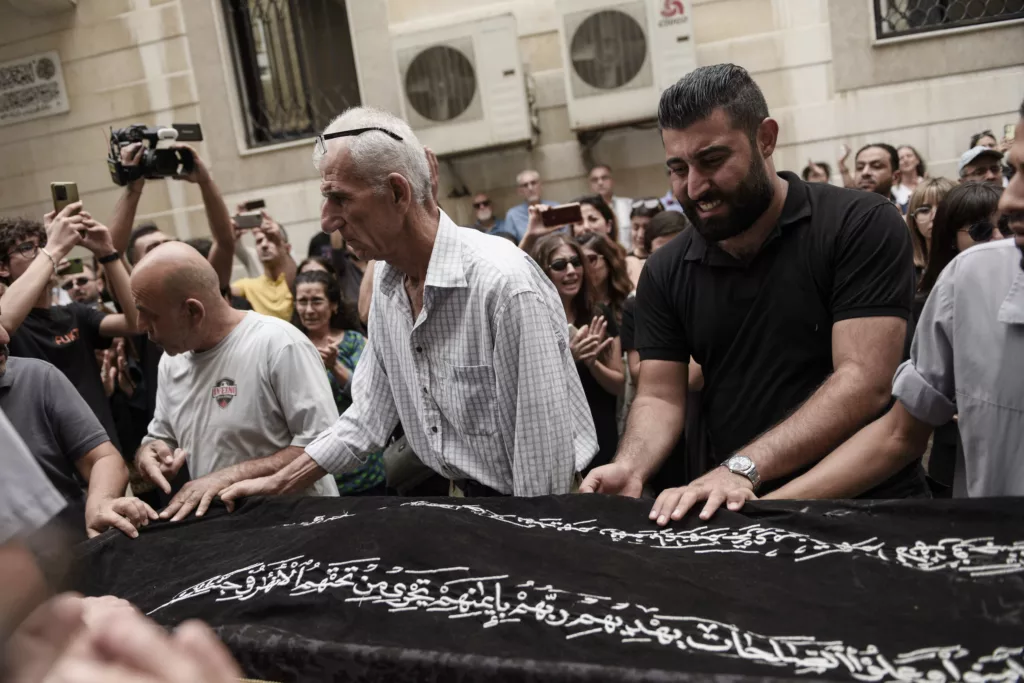
“Everyone who met him felt he was their friend from decades ago. That’s why there is such a public outpouring of grief and mourning”, said Mr Hassoun.
“I’ve known him for 15 years. He loved Syria and Syrians.”
Khalifa wrote an opinion piece in the Guardian newspaper in 2017, expressing his sorrow at the state of affairs of the country.
“Most of my friends have left the countryand are now refugees. All I can do is look for the names of the missing and the drowned and track my friends’ new addresses,” he wrote at the time.
Syrian scriptwriter Rami Koussa was one of many distraught at his death.
“The pain of losing him, his death is so existential that a part of my relationship with Damascus crept into suspicion as soon as I read the news of his passing,” he said.
Shunning fame and the benefits of success, Khalifa led a simple life, close to the people of his country.
His presence in Damascus until the end adhered to his principles and modesty at a time of great migration and turbulence.
Published on The National News here

